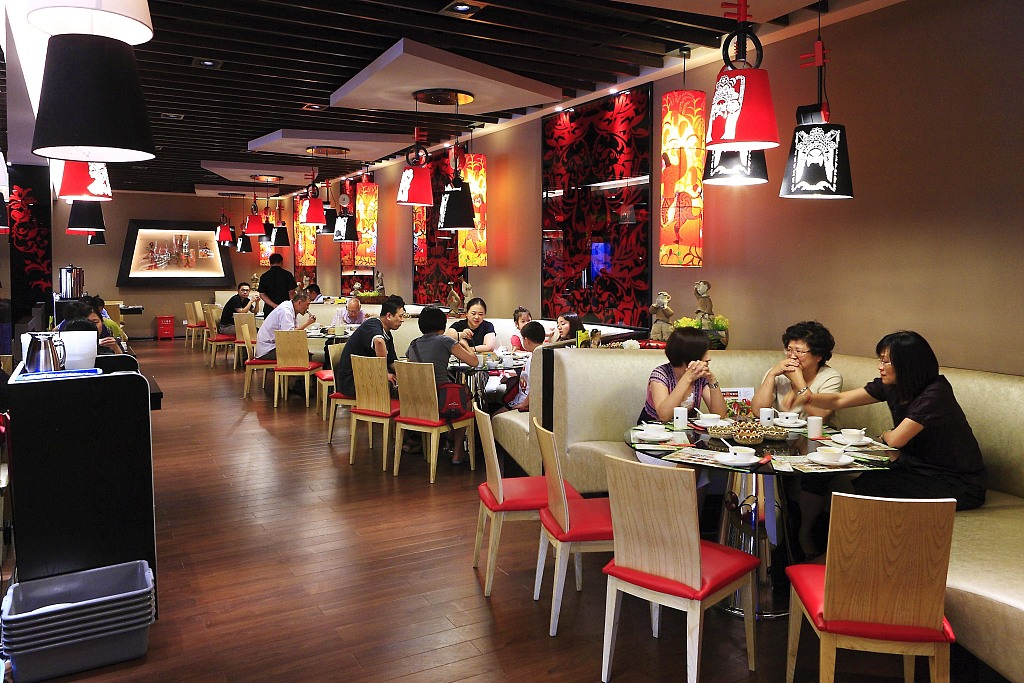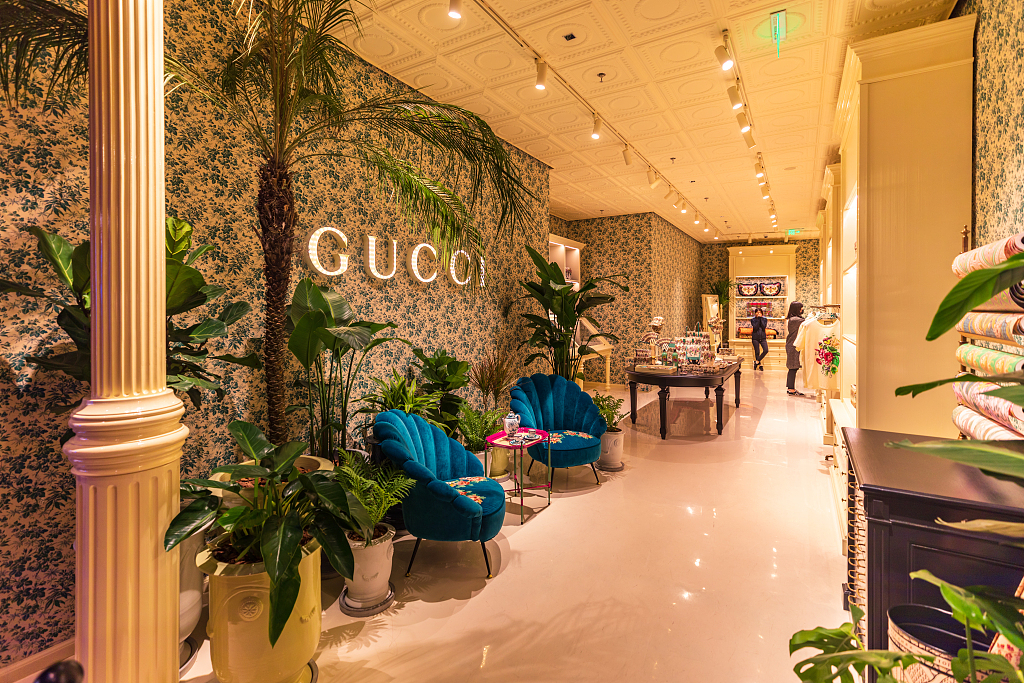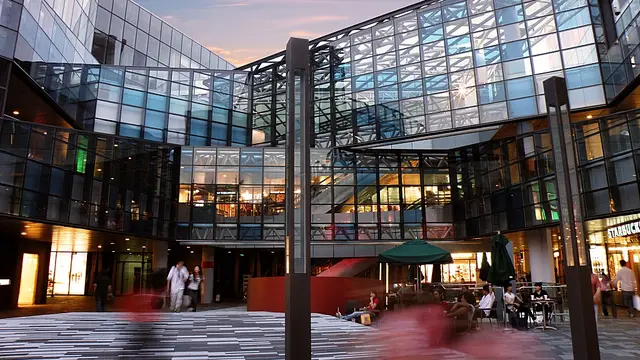A pause button has been hit on many industries in China, such as food, retail, travel and education as government-imposed travel restrictions amid an epidemic keep people at home, resulting in huge losses for businesses.
In past years, physical stores were huge crowd drawers during the Spring Festival holidays. But with the outbreak, these stores have had to shorten business hours, or close entirely.

Before the novel coronavirus outbreak, Xibei restaurant was always full of customers. /VCG
Jia Guolong, chairman of Beijing's Xibei restaurant chain, have said publicly that almost 400 Xibei stores were now closed, and total sale losses over the Spring Festival could be close to 100 million dollars. "Even if the company managed to obtain loans from commercial banks to pay for workers, it cannot survive for more than three months."
SKP Beijing, for example, has reduced its business hours and opens only from 11 a.m. to 6 p.m. daily. Even during opening hours, there are barely any customers in stores, and for many shuttered shops, their reopening dates still remain uncertain.

A few customers straggling at a Gucci store in Beijing SKP during the coronavirus outbreak. /VCG
On the flip side, consumer demand for online grocery shopping has increased with many stuck behind closed doors. On various livestreaming platforms, stay-at-home customers can browse an array of products ranging from cosmetics, clothes, foods, to cars.
In 2019, "social influencer marketing" solidified its place as a force to be reckoned with.
Social media influencers or KOLs ( Key Opinion Leader), with theirmulti-channel network, unleashed their social media marketing prowess. Combining e-commerce and livestreaming, KOLs like Li Jiaqi and Weya sometimes set higher daily sales record than a major retailer, such as a department store or multinational supermarket chain.

China's top beauty influencer Li Jiaqi /VCG
The coronavirus outbreak has quickened the transition from shopping at physical stores to online livestreaming shopping.
In Beijing, Yintai department store recently partnered with giant online shopping website Taobao to livestream their products, and more than 50 skincare brands are on board.
In Sanya City, its mayor also started livestream marketing to promote the sale of mangoes amid the crisis. Although it was only two minutes long, it attracted more than 25,000 pairs of eyeballs, raising the store's sales figures by 60 percent on the same day.
Mr. Liu, a flower farmer in Yunnan Province, create an e-commerce platform "helping farmers" to sell flowers. And during Valentine's Day this year, sales of his delicate blooms did not receive a blow due to the coronavirus outbreak.
Credit ratings agency SP indicated that physical retail sales in the Chinese mainland will decline in the first quarter of this year. Online shopping, however, will keep total retail sales afloat during this period.
China, the world's largest e-commerce market, had 855 million digital consumers in 2019, according to data from management consultancy McKinsey Co. This means e-commerce market cannot be ignored by traditional retail stores.
So despite the dim outlook for household spending in China caused by the coronavirus outbreak, traditional retailers can keep up if they embrace e-commerce quickly.
(ASIA PACIFIC DAILY)
 简体中文
简体中文

